If you’ve ever grown broccoli, then you know that the leaves can sometimes develop holes. This can be quite frustrating, as it can make the leaves look ugly and reduce their size. In this blog post, we will discuss the reasons why broccoli leaves develop holes and offer some solutions to fix the problem!
Why Are There Holes in My Broccoli Leaves?
Pests are the most likely reason for holes in broccoli leaves. Pests such as aphids, cabbage worms, flea beetles, and cutworms love to munch on broccoli leaves. These pests can quickly destroy a plant if they are not controlled.
This can be a surprise to learn, as it may look like your broccoli is pest-free. But are you looking close enough and at the right time? Pests are often very small and can be hard to see. They may also only come out at certain times of the day or night, so you need to be vigilant!
How to Stop Pests Eating Broccoli Leaves?
The best way to stop pests from eating broccoli leaves is to use a pesticide. Pesticides are chemicals that kill or repel pests. There are many different pesticides available, so it is important to choose one that is specifically designed to kill the pests that are eating your broccoli leaves.
Neem oil is an effective pesticide for many common garden pests, including aphids, cabbage worms, cutworms, and flea beetles. It is a natural product made from the seeds of the neem tree and is safe to use around children and pets.
To use neem oil, mix it with water according to the instructions on the bottle. Then, use a spray bottle to apply it to the broccoli leaves. Be sure to cover the entire leaf, as well as the stem and underside of the leaf. Apply neem oil every few days until the pests are gone!
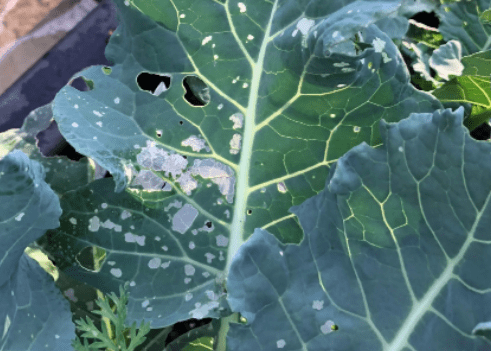
How to Keep Pests Away From Broccoli Leaves?
Prevention is the best method for keeping pests away from broccoli leaves. To prevent pests, start with a healthy broccoli plant that will be able to fight off any pests that try to attack it.
You should also keep your garden clean and free of debris. Pests love to hide in tall grass, weeds, and dead leaves. By keeping your garden clean, you will make it less inviting for pests.
Finally, regularly check your broccoli plants for signs of pests. If you catch the problem early, it will be easier to control. Check the leaves for holes or damage and look for insects on the plant. If you see any pests, take action immediately!
What Else Causes Holes in Broccoli Leaves?
There are a few other reasons why your broccoli leaves may have holes:
Animals
Just like us, animals love to eat broccoli! Rabbits and deer are all known to munch on broccoli leaves if you let them into your garden. Even if they don’t eat them, the animals can damage the leaves as they walk through the plants.
To keep animals away from your broccoli, you can build a fence around the garden. Be sure to make the fence tall enough so that the animals cannot jump over it. You can also try using a motion-activated sprinkler to deter animals from entering your garden.
Disease
Broccoli plants can sometimes get diseases that cause the leaves to develop holes. The most common disease that affects broccoli is called black rot. Black rot causes the leaves to turn yellow and then brown. Eventually, the leaves will fall off the plant entirely.
If you think your broccoli has black rot, it is important to take action immediately. Remove all affected leaves from the plant and destroy them. You should also disinfect any gardening tools that you used on the affected plant.
To prevent black rot, water your broccoli plants at the base of the plant. Avoid getting water on the leaves, as this can spread the disease. Additionally, make sure to clean up any dead leaves or debris from around the plants.
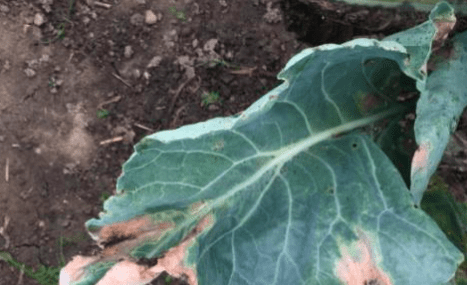
Weather
Holes in broccoli leaves can also be caused by extreme weather conditions. High winds can damage the leaves, and hail can cause them to develop holes.
There is not much you can do to prevent weather-related damage. However, you can try to protect your plants by covering them with a tarp or burlap sack if bad weather is forecasted.
Should I Prune Broccoli Leaves with Holes?
There is not always a need to prune broccoli leaves with holes. If the holes are small and damage is minimal, the plant will likely be able to recover on its own.
If the damage is due to fungal disease, you should remove and destroy the affected leaves. This will help to prevent the disease from spreading to other parts of the plant.
Pruning can also help to improve the overall appearance of your plant. If you are growing broccoli for the show, you may want to remove any leaves with holes. To prune broccoli leaves, use sharp gardening shears to cut off the damaged leaves. Be sure to make clean cuts so that the plant can heal quickly.
Conclusion
In conclusion, there are several reasons why your broccoli leaves may have holes. Pests, animals, diseases, and weather can all cause damage to the leaves. Pests are the biggest problem, but you can take steps to prevent them from attacking your plants.
Neem oil is a must for tackling both pests and diseases. This natural oil will help to keep your plants healthy and free of pests. Simply mix neem oil with water and spray it on your plants, being sure to cover the leaves completely.
I hope this article was helpful in identifying the cause of holes in your broccoli leaves. With a little care and attention, you can get your plants back to looking their best in no time! Thanks for reading!
Tim is an avid gardener from the UK. He was the founder of PlantCarer.com from 2021 to Sep 2023. He sold PlantCarer.com to Aaron. He has since started his own business called Seed To Supper, which provides new gardeners all the materials you need in a box (pots, seeds, compost and instructions) to grow your own delicious and nutritious vegetables and herbs from start to finish – no garden required.



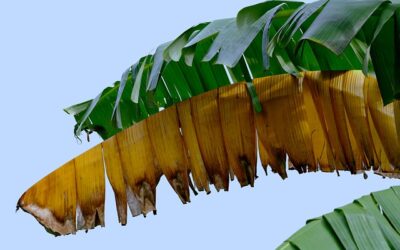

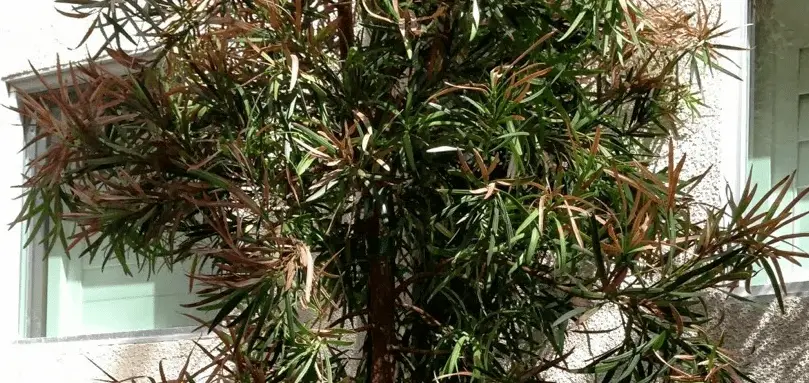
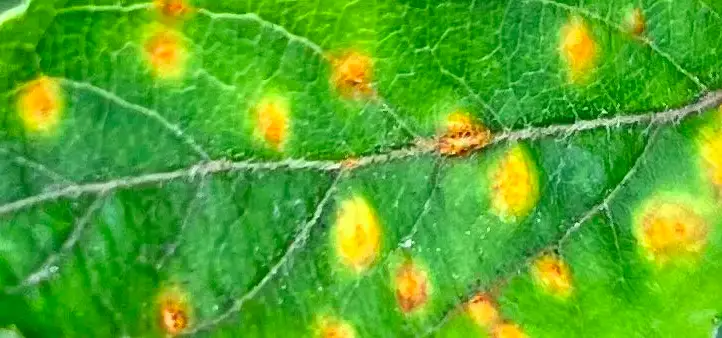
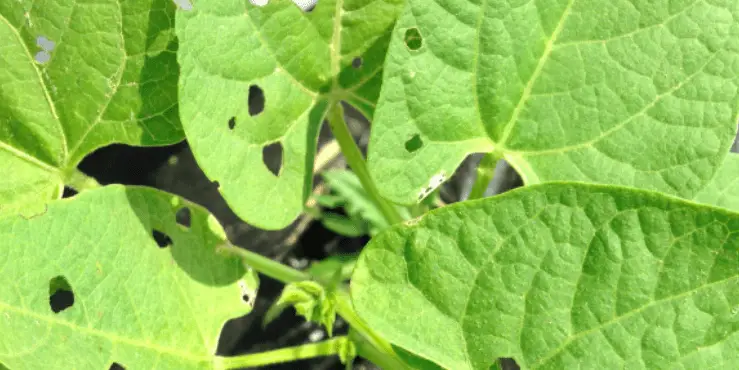
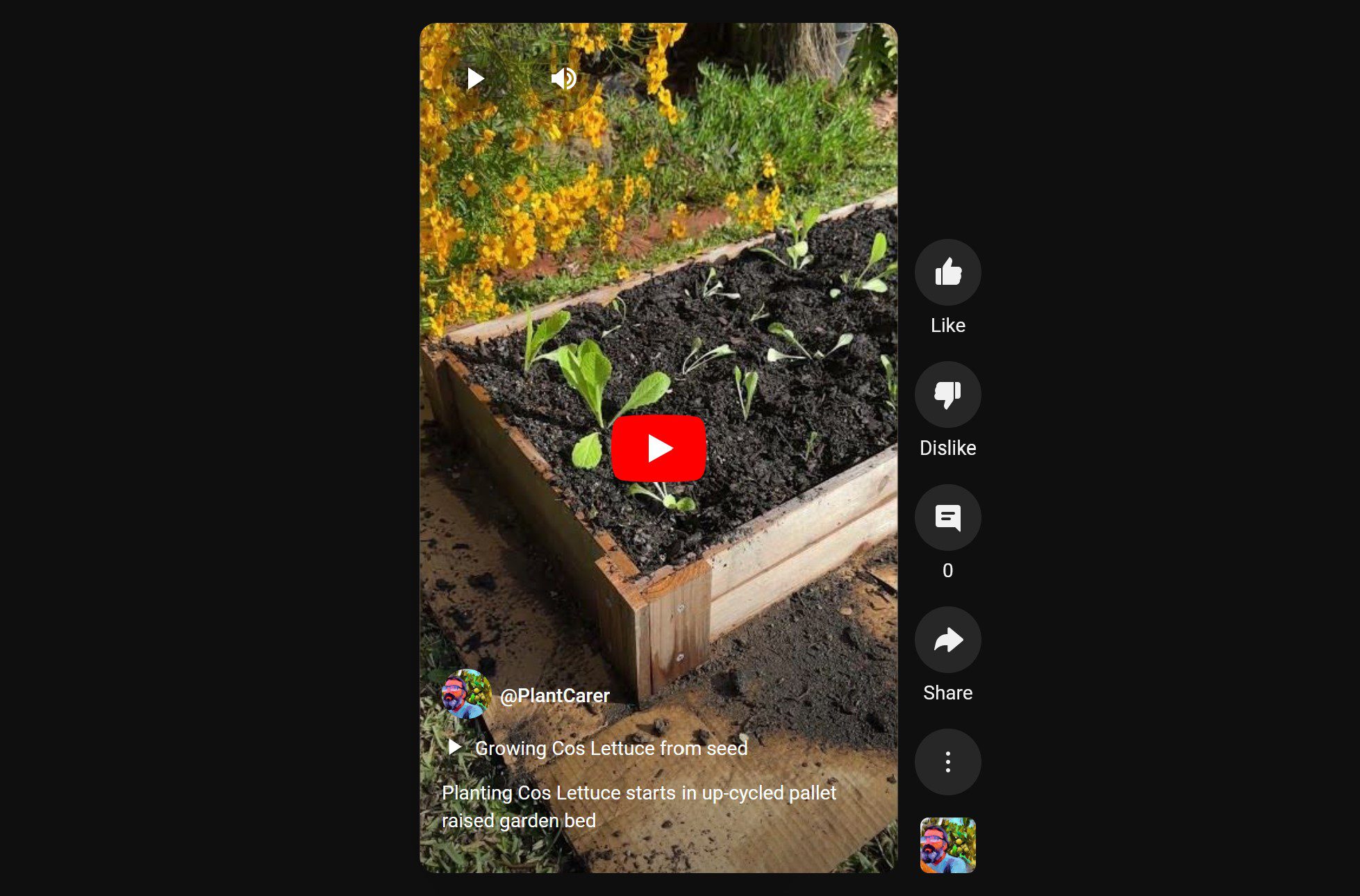
0 Comments